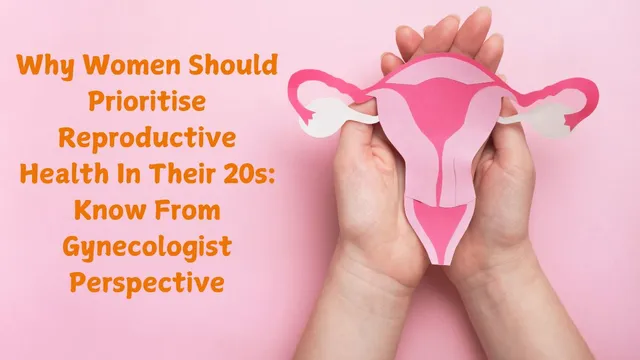- By Priyanka Munshi
- Tue, 14 Jan 2025 05:42 PM (IST)
- Source:JND
Your 20s are the ideal time to lay the foundation for a lifetime of good reproductive health. This article provides a comprehensive checklist every woman should follow to prioritize reproductive wellness and prevent potential issues. The 20s are often a time of growth, change, and self-discovery, making it the perfect decade for women to focus on their overall health, especially reproductive health. Unfortunately, many women tend to neglect their reproductive health, assuming it only matters when they are planning to conceive.
However, reproductive health is about much more than fertility. It involves maintaining hormonal balance, ensuring regular menstrual cycles, and preventing conditions such as infections, PCOS (polycystic ovary syndrome), or endometriosis. Taking proactive measures to maintain reproductive health in your 20s can help avoid complications later in life. In a conversation with Jagran English, Dr. Nisha Pansare, Fertility Consultant at Nova IVF Fertility in Pune, highlighted an essential checklist for women in their 20s to follow for better reproductive health.
Checklist For Reproductive Health In Your 20s
1. Schedule Regular Gynecologist Visits:
Frequent visits to a gynecologist provide valuable insights into your reproductive health. Regular check-ups can help detect issues like infections, hormonal imbalances, or fibroids early. If you have concerns about your reproductive health, such as irregular menstrual cycles, do not hesitate to discuss them with your doctor.
Also Read: 4 Reasons To Play Badminton For Your Physical Health And Mental Health
2. Know Your Menstrual Cycle:
Tracking your menstrual cycle is key to identifying irregularities early before they become serious. Irregular periods can indicate health issues such as PCOS, thyroid dysfunction, or hormonal imbalances. Use period-tracking apps to monitor your cycles effectively.
3. Get Vaccinated:
Stay updated on essential vaccines, such as the HPV vaccine, which protects against cervical cancer. If you're unsure which vaccines are appropriate, consult your doctor. They may recommend vaccinations like hepatitis B or rubella based on your health assessment.
4. Practice Safe Sex:
Safe sex practices are crucial to reducing the risk of sexually transmitted infections (STIs) and unplanned pregnancies. Use condoms or other forms of contraception and undergo regular STI screenings for early detection and treatment.
Also Read: 4 Astonishing Reason To Eat Makhana In Your Breakfast Everyday
5. Monitor Vaginal Health:
Avoid douching or using scented products in intimate areas, as these can disrupt the natural pH balance. Opt for unscented, gentle products. Pay close attention to any discomfort, itching, pain, or unusual discharge, and consult a doctor immediately if symptoms occur.

